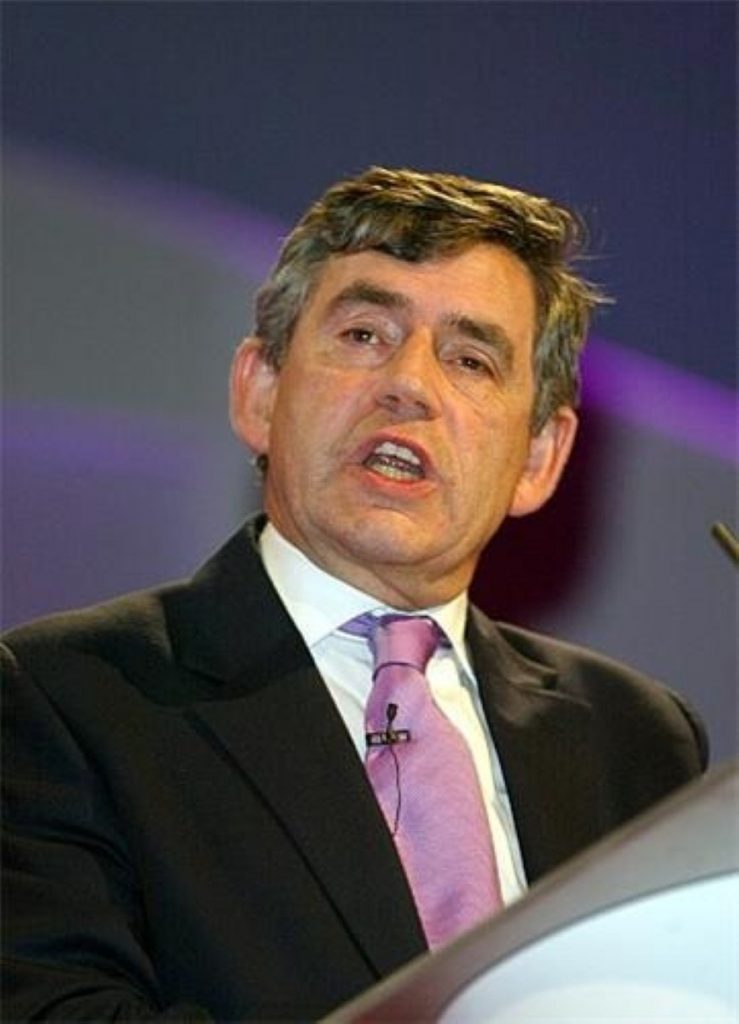Reid and Brown ‘playing football with terror’
The Conservative leader has attacked John Reid and Gordon Brown for “tough guy posturing” and called for a cross-party approach on tackling terrorism.
David Cameron accused the home secretary and chancellor of using the issue of national security as a “political football” in their fight for the Labour leadership.
“There is no shame in seeking the leadership of your party. But to use national security for political ends – that is not leadership,” he said.
“So let’s stop the ‘tough guy’ posturing. Let’s put the national interest first. And let’s work together to make our country safer.”


However, Mr Cameron made clear this spirit of cooperation would not see his party promoting “fake consensus” – and went on to attack many of the government’s key counter-terrorism strategies.
“I do have serious reservations about the way that our counter-terrorism strategy is being pursued,” he told the International Institute for Strategic Studies.
“It is the duty of a responsible opposition to examine all government policy in a forensic and clear-sighted way – and to suggest changes where they are necessary. This duty is even more pressing when it comes to our national security.”
Mr Cameron repeated his call for a dedicated cabinet minister for national security, but he said he did not believe a separate government department was necessary.
He said a lack of coordination on current government policy made the role necessary – just four measures in Tony Blair’s 12-point plan announced after the July bombings had been implemented, and there were currently two separate terrorism reviews underway.
He praised the Terrorism Act 2006 for allowing a clampdown on terror websites and publications, but warned ministers were concentrating too much energy on “distracting initiatives” such as ID cards which were “not the answer to the threat of terrorism”.
Mr Cameron attacked proposals to allow the 90-day detention of terror suspects without charge, which the government is expected to reintroduce next year. He also demanded courts be allowed to use wiretap evidence in terror trials with “utmost urgency”.
This would ensure terror suspects could be brought to trial more quickly, he said – and in doing so ensure Britain’s response to the terror threat adhered to its most basic values.
“We must never allow ourselves to become such a regimented society that we hand the terrorists a victory. We must combine prudent precautions with a sturdy defence of people’s right to live with a minimum of intrusion into their private life,” he said.

